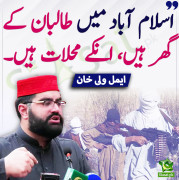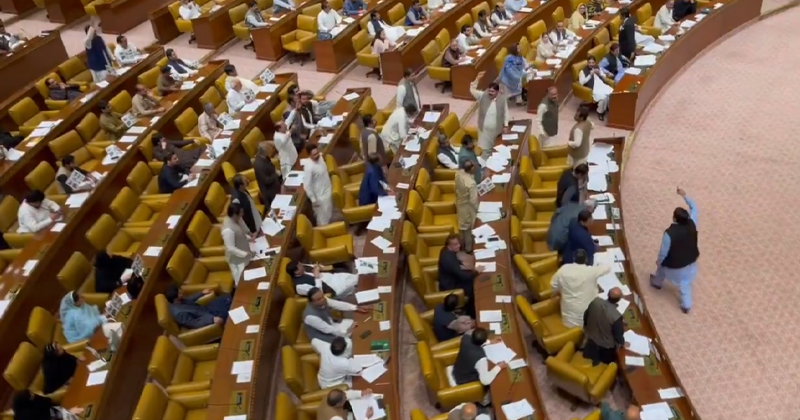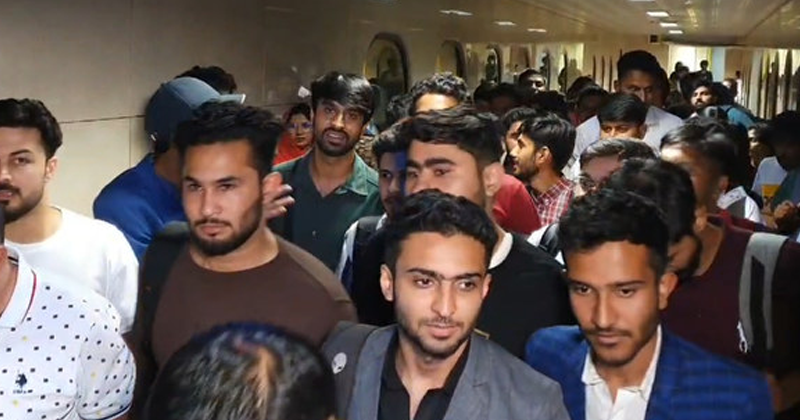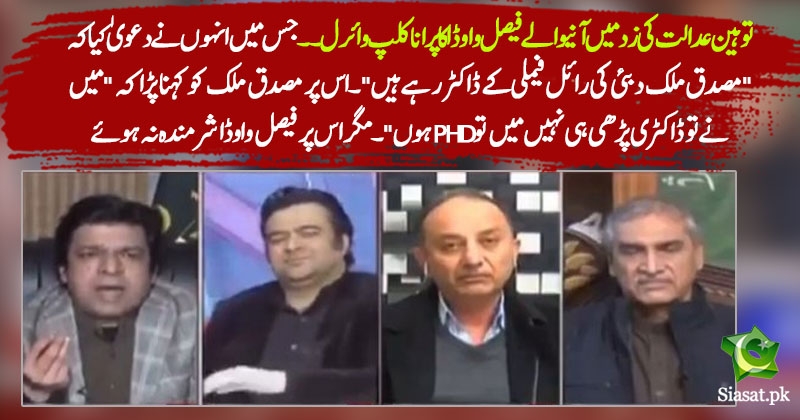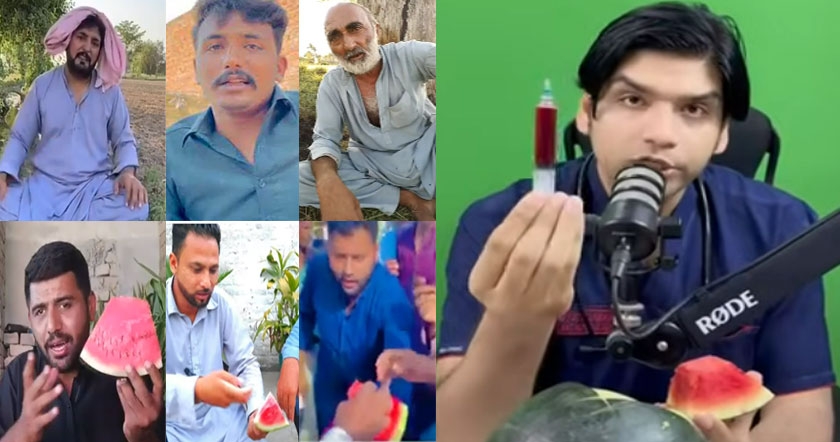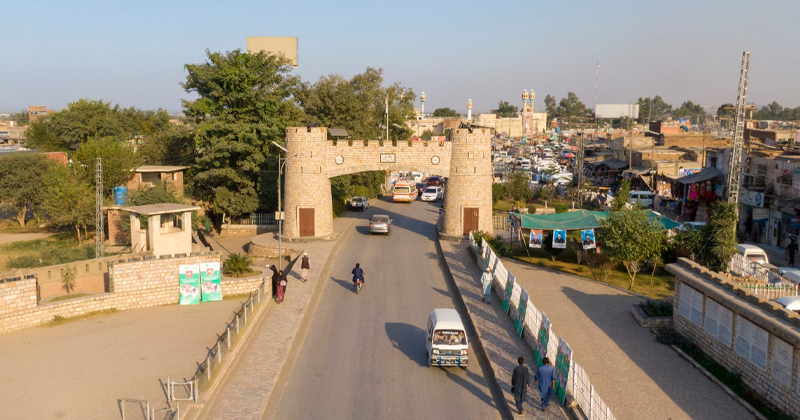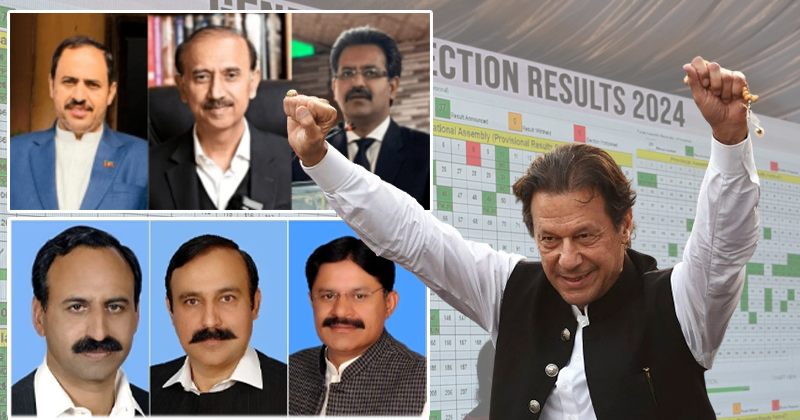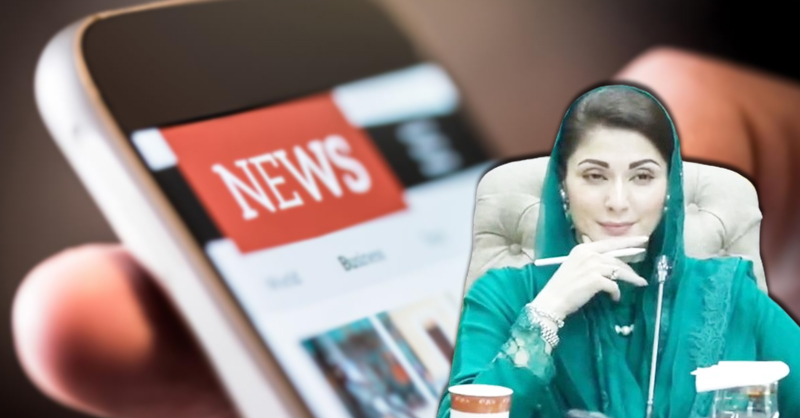Defence Day of Pakistan - Sept 65: A reappraisal by Mushahid Hussain Syed
[h=2]Defence of Pakistan Day - September 65: A reappraisal[/h]
By: Chairman, Senate Defence Committee, Senator Mushahid Hussain
September 06, 2013
The September War is a watershed in Pakistan's chequered history. It nurtured many a myth about white gowned holy men gently deflecting Indian bombs with an angelic wave of divine hands. It fed our hero-loving masses with new tales of valour and glory in the tradition of Khalid bin Walid and Mohammad bin Qasim. And it turned out to be the first step in accentuating the yawning chasm between East and West Pakistan, which subsequently gave birth to the Third World's first successful secessionist struggle.
The war also changed our geopolitical environment, unleashed dormant forces and generated a momentum which effectively destabilised a seemingly well entrenched dictatorship, while greatly radicalising the Pakistani Political consciousness. The rise of Zulfikar Ali Bhutto and the decline of Ayub Khan are inextricably linked with the 1965 War. Forty-eight years after the inconclusive Pakistan-India
War of September 1965, cynics recognise that whatever success Pakistan managed to achieve on the battlefield was attributable to three A's: Allah, Artillery and Air Force.
Apart from these home-truths, the thousand-year-war which turned into a 17-days stale-mate, backed by Tashkent, remains an essentially untold and largely forgotten story. When did the normally cautious Field Marshal decide to take the initiative in 1965? He was a sure-footed General who avoided taking risks particularly of the kind entailed by Operation Gibralter. Even in the context of the Pakistan Army as compared to hawks like General Akbar Khan, Ayub Khan was a dove on India.
In November 1953, US vice President Richard Nixon visited Pakistan. Writing in his memoirs, Nixon says that he was impressed by General Ayub Khan, then Head of the Pakistan Army. He was one of the few Pakistanis I met who was more anti-communist than anti-India, writes Nixon. In fact, it was such caution that held Ayub back from striking at India when it was having its conflict with China in 1962, an opportunity missed largely on account of American pressure, which Pakistan was to dearly regret.
Since no authoritative account of the 1965 War is available, it is difficult to really understand or analyse the reasons behind Ayub Khan's decision to launch Operation Gibraltar. Three explanations are generally offered.
First, fresh from his victory over Miss Fatima Jinnah in the rigged Presidential poll of January 1965, Ayub Khan really wanted to do something spectacular so that he would go down in Pakistan's History as one of its heroes. His sycophants plus powerful nationalist-minded hawks in the bureaucracy egged him on, in Kashmir. In this regard, his March 1965 China visit proved crucial. Ayub and important member of his entourage were apparently very much impressed by the zeal, dedication and sincerity of the Chinese. At that time, the Chinese were promoting their theory of peoples War. This appealed to Ayub Khan and his colleagues in the context of a possible military adventure in Occupied Kashmir. It meant maximum gains (fermenting popular uprising in Occupied Kashmir with possible liberation) via minimum risks (Pakistan Army disclaiming involvement).
Second. The brief successful military encounter with India in April 1965 over the Rann of Katch produced illusions among Pakistani policymakers. They derived broader conclusions from this limited engagement in a desert area and this perhaps formed the basis of the confidence in GHQ that occupied Kashmir could be targeted.
Third, there was the apparent Foreign Office assessment conveyed to Ayub Khan which said that whatever Pakistan may do in Occupied Kashmir, India would somehow never dare violate the international frontier. Whatever may have been the Foreign Office view and it would have been naive for Ayub to accept it in to, the fact remains that ultimately the sole Responsibility for his action and its consequences rests on his shoulders, since as President he was Supreme Commander and a professional soldier as well. The war which started as a two-phased military operation combining guerrilla and conventional aspects was undoubtedly a brilliantly conceived plan, but which fell victim to poor execution.
Mediocre general ship, lack of coordination and jitters among the high command managed to nullify the bravery and supreme sacrifices of jawans and officers on the battlefield.Inspired by the Maoist dictum that guerrillas are like fish in water; just as fish cannot live without water, guerrillas cannot survive without people, a final solution of the Kashmir problem was attempted by employing Chinese style people's war tactics.
On August 5, 1965 a clandestine station calling itself the Voice of Kashmir declared that the war of liberation against Indian occupation had begun. The Gibraltar force of Pakistani regulars, said to number five thousand men, had started its work in Occupied Kashmir.
The conventional phase of the operation code-named Operation Grand Slam (like Gibralter Force, also a brain child of Major General Akhtar Hussain Malik, an avid bridge-player) was aimed at the capture of Chhamb, Jurian and Akhnoor the last a vital link in India's communication with Occupied Kashmir. A daring military commander, General Akhter Malik saw an opportunity offered by an Indian military machine that was still recovering from its humiliation at the hands of China in 1962 and the popular agitation in Occupied Kashmir over the Hazratbal incident in 1964, when stealing of hair and belonging to the Holy Prophet (PBUH), was preserved in a mosque in Srinagar, sparked serious riots. The Gibralter Force plan conceived in the cool comfort of 12 Division's Officers Mess at Murree during the early summer in 1965 was undertaken without reference to the Kashmiri people, the need for adequate groundwork or necessary psychological mobilisation among the Muslims of Occupied Kashmir for an arduous liberation struggle.
With the successful completion of Operation Grand Slam near at hand (Chhamb and Jurian already been captured). General Akhtar Malik was relieved of command in the middle of the battle and replaced by the then Major General Yahya Khan. By ousting a successful military commander and holding back on attacking Akhnoor, Operation Grand Slam was slammed shut! The decision remains inexplicable. One view which sounds plausible has it that Field Marshal Ayub Khan personally ordered the change of command and a halt to the attack on Akhnoor under pressure from his former American friends. They had reportedly conveyed to him that an attack on Akhnoor would lead to a full-scale war with India. If the Field Marshal leashed his bridge-playing general, he was apparently assured that India would not attack West Pakistan. The other explanation for the change of command refers to the credit factor, that credit for the victory should go to the general being groomed for the top slot, i.e., General Yahya Khan, rather than Akhtar Hussain Malik.
When the Indians did attack anyway on September 6 it was a beaming American Ambassador who told Ayub Khan with supreme arrogance: The Indians have got you by the throat, Mr President, haven't they! Concurrently, the CIA was said to have planned a covert operation to oust Ayub Khan through a coup d'tat. According to London's THE TELEGRAPH (September 13, 1965) the CIA tried to recruit General Azam Khan, a former Governor of East Pakistan, as a potential coup-maker but, said the newspaper, he refused to play ball and promptly informed his former boss. Copies of this article were later circulated among senior Pakistan Army officers as an example of American perfidy.
Ayub had earned the wrath of the United States because of his 'filtration' with Peking then Uncle Sam's enemy number one. Pakistan was punished by Washington in another important way. Its sole supplier of weaponry cut off all arms aid during the war.
The American view of growing Pakistan-China relationship was somewhat graphically summed up by President Lyndon Johnson when he received the Pakistan Foreign Minister who had arrived to attend President John F. Kennedy's funeral in Washington in November 1963. Criticising Pakistan's filtration with China, Johnson told Bhutto: Look here, I have a teenage daughter and she goes out with her boyfriend. I don't care what she does with him behind my back, but I'll be damned if she does anything in front of me.
While America was giving this treatment to its most allied ally, the attitude of China and the Soviet Union was markedly different. The latter had adopted a neutral posture offering itself as mediator. China came in all out support to Pakistan. At the height of the war, in mid-September, Ayub Khan made a secret visit to Peking where he met Chairman Mao and other Chinese leaders. When Ayub Khan went to Washington for a bridge-building visit in December 1965, he was candid enough to tell Johnson, explaining Pakistan's intimacy with Peking: If we break with America, at best we may destroy our economy. But if we break with China, we might even lose our country.
The war had deep ramifications both in foreign policy and domestic politics. The Sandhurst-trained Field Marshal with an impressive exterior emerged with a much reduced stature. He was found lacking in both military decisiveness and political astuteness. He was unable to stand up to external pressure when he had the entire nation to back him up with unprecedented patriotic fervour in both wings of Pakistan establishing, for a fleeting 17 days at least, the mirage of a unified monolithic nation. Never again was Pakistan to witness such national unity among the people, between the political forces and the government, between the civil and military.
The September war effectively sealed Ayub Khan's political fate. He had failed in his attempt to liberate Occupied Kashmir. At Tashkent, he reneged on his solemn commitment that Pakistan would never withdraw its troops from the borders until the Kashmir issue was resolved. Kashmir wasn't even mentioned in the Tashkent Declaration. In fact, when Shastry died soon after signing the Tashkent Declaration, the standing joke in Pakistan was that the Indian Prime Minister's death had occurred on account of immeasurable joy at his success! At his suite in Tashkent, when the Pakistan Foreign Minister was woken up to be told by his Foreign Secretary that the bastard is dead the weary but mentally alert Minister asked: which one?
The basis of political ferment was laid at Tashkent. It was the beginning of the end for Ayub. For the first time, Bengali, still certified then as patriots by Islamabad, experienced a strange feeling of being physically separated from West Pakistan, of being left alone, defenceless against India. Since Pakistan's military planners all along saw East Pakistan's defence linked to West Pakistan (in effect the East's war would be fought on the plains of Punjab), only one division of 12,000 men was placed at Dhaka. When awkward questions were asked in the National Assembly by irate Bengali parliamentarians, there were answered by charges of treason. NAP's Masihur Rahman, later Prime Minister of Bangladesh asked what would have happened had India attacked East Pakistan. The confident answer was that China would have defended East-Pakistan. Well, came the logical query from Masihur Rahman, If China is to defend us, what do we need West Pakistan for.
In foreign policy too, the repercussions were wide ranging. September 1965 marked the nemesis of Pakistan's policy of alliances with the United States and of seeking external props for its security. In the eyes of the Pakistani people, America had betrayed a faithful, longtime ally and had befriended its enemy. The current popular aversion to any special relationship with the US stems from the premise of mutually conflicting interests first manifested in 1965. The Soviet Union gained a lot in prestige post 1965, largely due to its mediation at Tashkent. It had managed to gain the concurrent trust of New Delhi and Islamabad. Pakistan- Soviet relations also flourished amidst the fast diminishing Spirit of Tashkent to the extent that by 1968, Soviet arms came to Pakistan, on a relatively small scale though. It was however, China which emerged as the biggest victor of 1965 by winning the hearts and minds of Pakistanis. All shades of opinion have since agreed on close ties with China. One offshoot of friendship with China was that socialist ideas acquired hitherto-unknown legitimacy in Pakistani politics.
Years later, it is very easy to be wise after the event and to sermonise on what went wrong. But in any case, if being wise means correcting past errors to ensure future successes then this would be a worthwhile exercise. As September 1965 exemplified at the heart of Pakistan's defence lies a fundamental conceptual error in military thought: a tendency to view national security only in terms of military might (tanks, planes, armies, missiles etc.). The intangible non-military factors, which are often decisive in the long term, have been largely ignored: popular support, grassroots mobilisation, morale building, will to survive, sound diplomacy and quality of leadership. Equally important, the tendency which was particularly evident after the September war, to falsify facts, cover-up mistakes and tailor history to suit the interest of incumbent rulers, damaged the country. And to top it all, there was no accountability; instead medals were liberally showered to show a victory instead of a stalemate and setback. The stage for the 1971 debacle was, in fact, laid in 1965, with catastrophic but predictable consequences.
http://www.senatedefencecommittee.com.pk/newsdetail.php?pageid=news-detail&newsid=MTEx
ey puttar hattan tey nai vikdey....



















